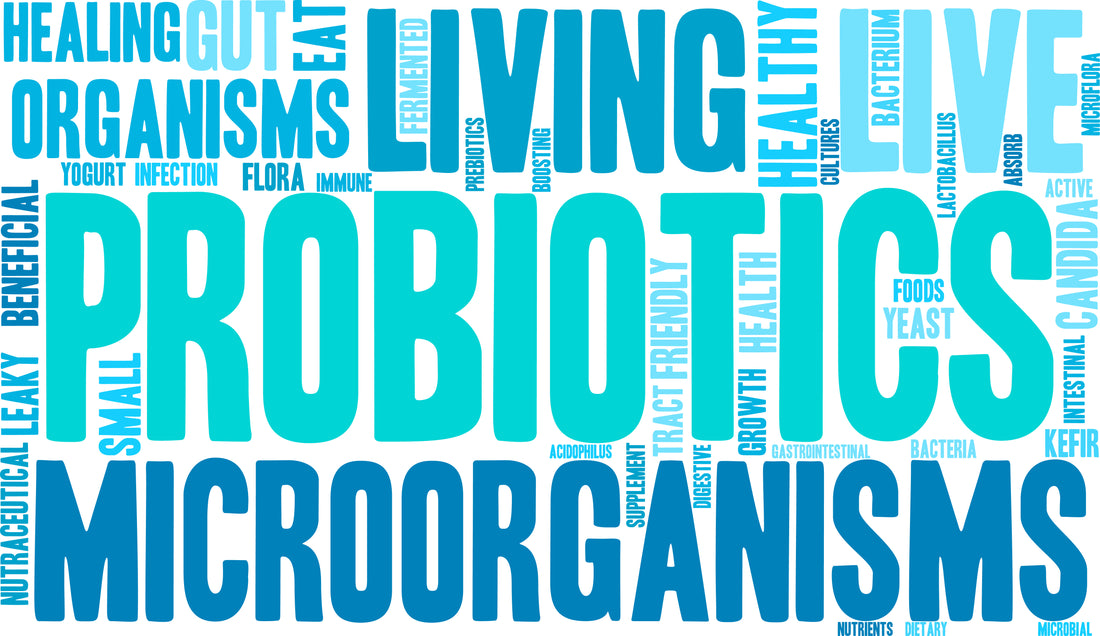As a new parent, you want to give your newborn the best possible start in life. One of the key ways you can do this is by prioritizing their gut health. The gut is the foundation of our overall health and wellbeing, and this is especially true for babies. In fact, research has shown that the first 1,000 days of a child's life are critical for establishing a healthy gut microbiome.
Why is gut health important for newborns?
The gut is home to trillions of microorganisms, including bacteria, viruses, and fungi, collectively known as the gut microbiota. These microorganisms play a crucial role in a baby's immune system development and overall health. In fact, the gut microbiota is now considered an organ in its own right because of its numerous essential functions.
During the first few years of life, the gut microbiota undergoes significant changes as it adapts to the baby's changing diet and environment. This period is known as the "gut-brain axis development," and it is a critical time for establishing a healthy gut microbiota.
Poor gut health during this period has been linked to various health problems, including allergies, asthma, eczema, and autoimmune disorders. Moreover, research has suggested that an unhealthy gut microbiota could even impact a child's brain development and mental health.
How can parents ensure their newborns have healthy gut microbiota?
Breastfeeding is the best way to provide a newborn with a healthy start in life. Breast milk contains essential nutrients and antibodies that help support the growth and development of the baby's immune system and gut microbiota.
If breastfeeding is not possible, or in addition to breastfeeding, parents can consider supplementing with infant formula that contains probiotics, which are beneficial bacteria that support gut health. However, it is important to speak with a pediatrician before introducing any supplements to a baby's diet.
Additionally, parents can take steps to promote a healthy gut microbiota in their newborns by:
- Avoiding unnecessary antibiotics, which can disrupt the balance of the gut microbiota.
- Limiting exposure to toxins and pollutants, which can harm the gut microbiota.
- Encouraging outdoor play and physical activity, which has been linked to a healthier gut microbiota.
- Introducing a diverse range of foods into the baby's diet, such as fruits, vegetables, and whole grains, which can help promote a diverse gut microbiota.
In conclusion, the gut health of newborns is a critical aspect of their overall health and wellbeing. By taking steps to promote a healthy gut microbiota, parents can help their newborns get the best possible start in life.

